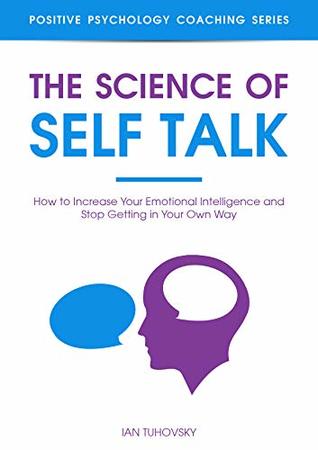More on this book
Community
Kindle Notes & Highlights
by
Ian Tuhovsky
Positive self-talk, on the other hand, is linked with less negative emotion and more happiness, confidence, optimism, success in life, and a sense of agency and authorship of your own existence.
So a constructive kind of self-talk would be any kind of self-talk that leads you in the right direction, toward your goals and toward becoming a better you.
Dysfunctional self-talk would be any self-talk that bogs you down in unproductive, stale, repetitive patterns, especially if those patterns make you feel miserable and helpless.
rumination, and its characteristic is repetitively going over symptoms of distress, like a scab you keep obsessively picking at. Its other characteristic is passivity. You don’t focus on solutions but problems.
Dysfunctional self-talk tells a story. It's the wrong kind of story, a story in which you’re passive and helpless.
A loser is someone who, after making a mistake, doesn’t introspect, doesn’t exploit it, feels embarrassed and defensive rather than enriched with a new piece of information, and tries to explain why he made the mistake rather than moving on.
Learned helplessness makes you neglect the things in your life that you need to change.
Negative self-talk views stressors as a threat. Positive self-talk views stressors as a challenge.
The first trick for leveraging social pressure is to surround yourself with the right people. When you do that, you’ll notice that the way you perceive yourself changes.
Talk to yourself the way you’d talk to someone you love.
“A loser is someone who, after making a mistake, doesn’t introspect, doesn’t exploit it, feels embarrassed and defensive rather than enriched with a new piece of information, and tries to explain why he made the mistake rather than moving on.”


